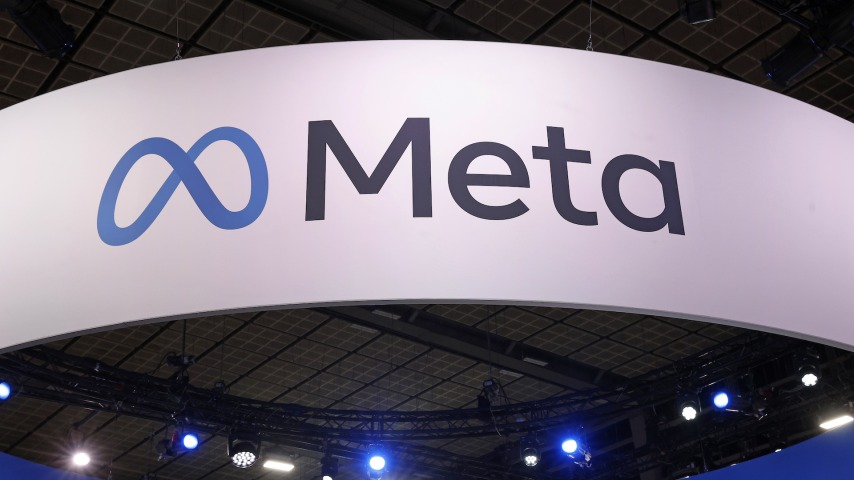Nearly a decade ago, Meta identified “clear hoaxes spread by spammers for their own gain” as “the worst of the worst,” and laid out a four-part plan (including one pillar called “Disrupting Financial Incentives for Spammers”) to eradicate them from the site. It doesn’t seem to feel that way anymore, as Zuckerberg is now more focused on fighting back against “governments and legacy media [that] have pushed to censor more and more.” In line with these goals, the site hadn’t censored at least 95 pages that ProPublica identified as “regularly post[ing] made-up headlines designed to draw engagement—and, often, stoke political divisions.” The pages, which the outlet claims are largely managed by people overseas, had over 7.7 million followers as of ProPublica‘s reporting. You can probably guess the type of incendiary fake headlines they were posting (along with requisite AI-generated images); “Elon Musk announced that he has acquired MSNBC for $900 million to put an end to toxic programming” is one example.
Meta does have a policy in place against monetizing posts that its fact-checkers determine to be false, but that goes out the window when the fact-checkers do. (The platform will soon be pivoting to a content moderation strategy similar to X’s Community Notes.) After a review, Meta did take down 81 pages for misrepresenting themselves as American while posting political content. Tracy Clayton, a Meta spokesperson, specified to ProPublica that the platform’s community standards and content moderation teams are still active, they’ve just been instructed not to “over-enforce” the rules by mistakenly suppressing content. Notably, he declined to comment on whether any of the 81 banned pages were eligible for the new monetization program.
It’s hard to imagine Facebook becoming more divisive than it is today, but Zuckerberg is really shooting for the moon with these new policies. “What is the protection now against viral hoaxes for profit?” asked Jeff Allen, a former Meta data scientist and current chief research officer for the nonprofit Integrity Institute. “The systems are designed to amplify the most salacious and inciting content.”

 Keep scrolling for more great stories.
Keep scrolling for more great stories.
